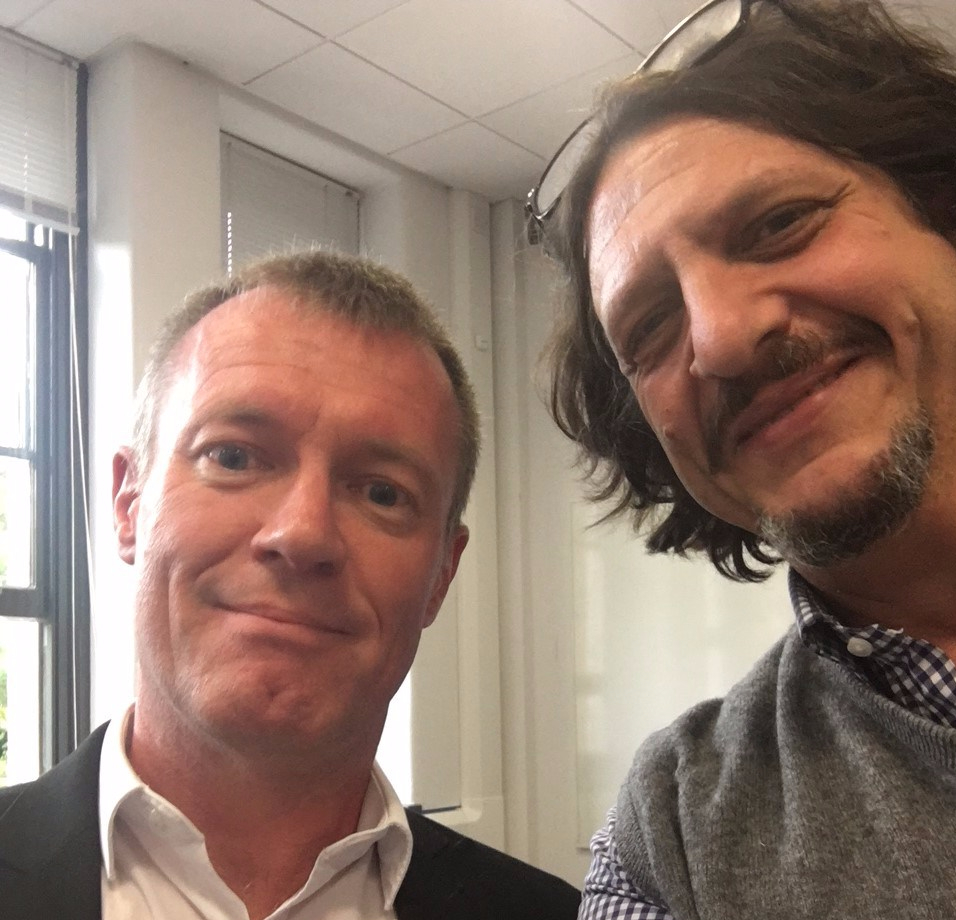The future of food
I attended a seminar at the University of Leeds earlier this week, which included some interesting and thought-provoking talks from a number of perspectives around the food system. The academic content ranged in scope from the very, very small (from an expert in nutrient transport at molecular level) to the very, very large (an overview of the global food system and its vulnerability to shocks). As a counter-point to the academic content, the founder of The Real Junk Food Project described how he is challenging some of the norms in food waste and inspiring social entrepreneurs across the globe to take on the issue in their own communities. The Q&A, excellently chaired by polymath journalist Jay Rayner (see below), brought the audience into the debate and it’s encouraging to know that Leeds, in association with a number of other universities across the north of England, have plans for more work researching options, opinions and decisions around the food system.

The event marked the culmination of a 3-year research programme which concluded that multi-stakeholder collaboration, the use of new technologies and multi-channel communication all have a crucial part to play in long-lasting behaviour change towards a more sustainable agri-food system. That short description rather under-sells the effort that has gone into reaching those conclusions, but it is perhaps heartening that we already have some of the solution in our collective grasp. Everything we do within food and agriculture has to work with the expectations of society at large, and the sociological insights from this type of work are an essential companion to the ‘hard’ issues of sustainability. It was also refreshing to see the organisers encouraging delegates to take the remaining food from the buffet lunch away with them to eat later or donate to others, rather than have it go to waste. There is a lesson in that for us all.